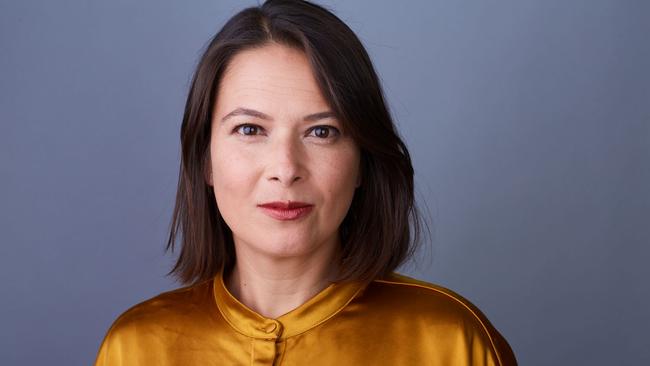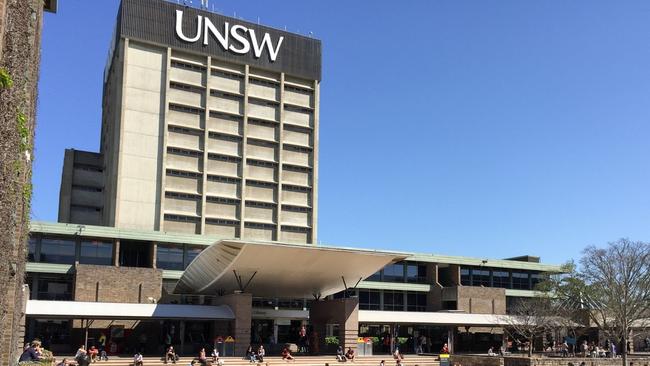China debate: Academic cut off after criticising Chinese abuses in Hong Kong
UNSW has bowed to pressure from Chinese students and has deleted social media posts that promoted an academic criticising human rights abuses in Hong Kong. SEE WHAT SHE SAID
NSW
Don't miss out on the headlines from NSW. Followed categories will be added to My News.
- Telstra and NBN suffer outage as customers left furious
- Bunnings joins Woolies mask stance as Vic COVID toll rises
The University of NSW has bowed to pressure from Chinese students and deleted posts about an academic calling out human rights abuses in Hong Kong, sensationally distancing itself from the author to avoid criticism.
Tweets from the university’s official accounts linking to an article by Australia director at Human Rights Watch and adjunct lecturer at UNSW Law Elaine Pearson were removed over the weekend after a flood of complaints from people who were claiming to be Chinese students.
In her article, Ms Pearson argued the UN should “establish a special envoy to closely monitor the decline of human rights in Hong Kong”, which was then shared by UNSW on Friday in posts that attributed the comments to her directly.

MORE NEWS
COVID fears close three more Sydney venues
Port Stephens records two new COVID cases from Thai Rock visit
China tensions to dominate US-Australia talks
But Chinese students slammed UNSW for sharing the critical assessment of Beijing and demanded retraction of the article and an apology.
An email from one person claiming to be studying law at UNSW called Ms Pearson’s article “totally unacceptable”.
“As a Chinese law student, I request a formal investigation into this issue,” the person said. “This article should be withdrawn as soon as possible.”
A UNSW spokeswoman told The Daily Telegraph the posts were removed because the views of an academic “were being misconstrued as representing the university”.

“UNSW Sydney decided to remove the posts on our social channels as they were not in line with our policies,” she said.
“The opinions expressed by UNSW academics do not always represent the views of the university.”
However, dozens of tweets by UNSW sharing articles and quotes from other academics remained online yesterday, despite the apparent risk that they could be misconstrued by readers. The spokeswoman said UNSW protected “academic freedom and freedom of speech.”
The Chinese Communist Party’s mouthpiece The Global Times seized on the issue, congratulating Chinese students for forcing UNSW to take down the posts and suggesting the whole article had also been removed.

“An Australian university is under attack from its Chinese student cohort after publishing an article denouncing the ‘human rights issue’ in Hong Kong,” the Times said. “Although the article was soon deleted, students who are still outraged have said the university’s behaviour brings ‘shame to Chinese students’ and demanded an apology.”
In a post appearing to be from UNSW on popular Chinese messaging service WeChat, a statement said “we have a long and valued relationship with Greater China going back 60 years”.
Greater China is an informal term used to refer to mainland China, Hong Kong, Macau and Taiwan collectively.

